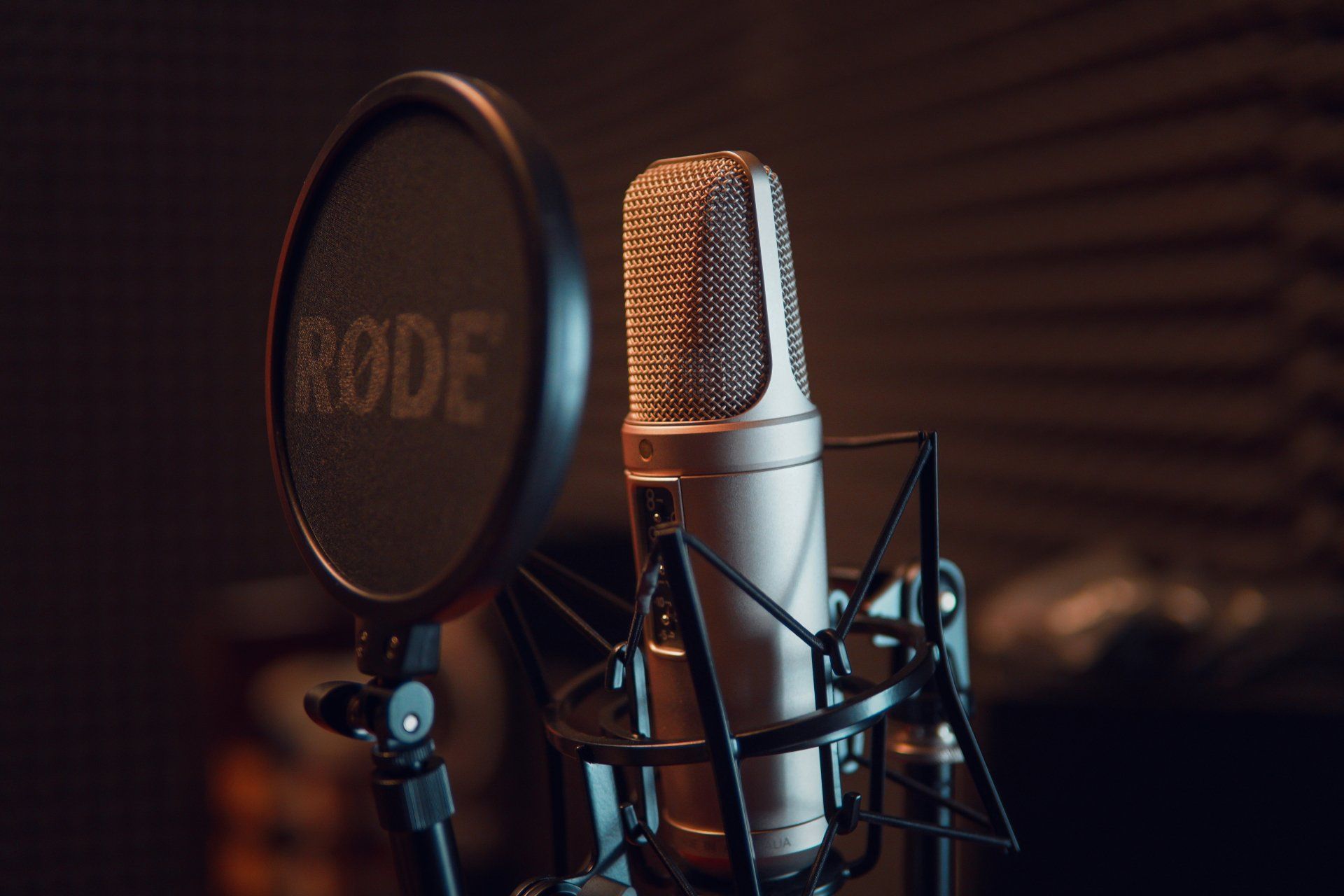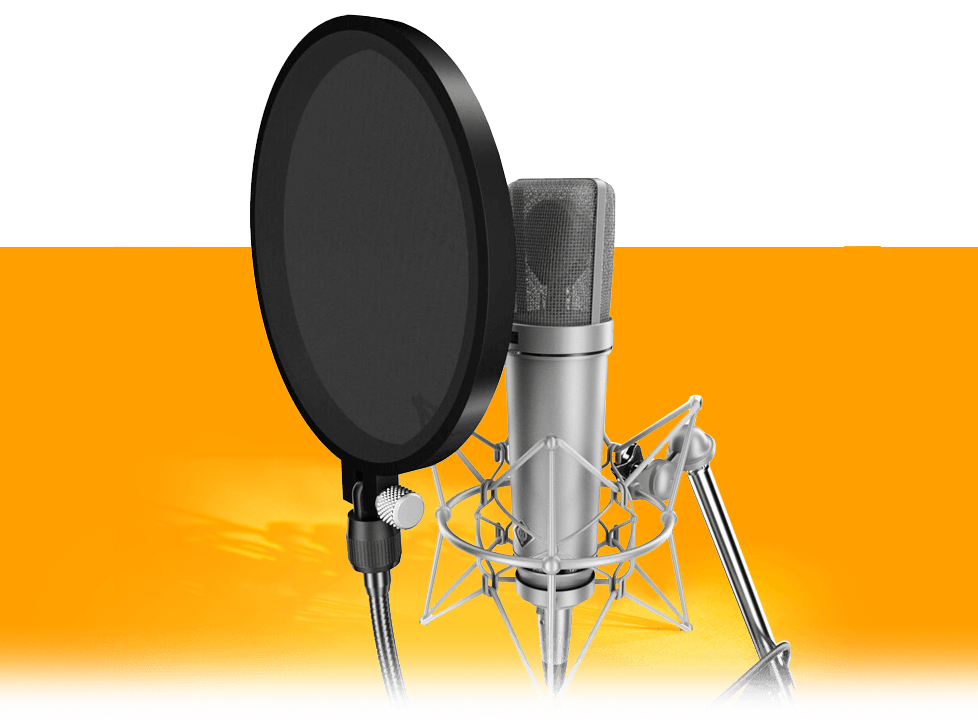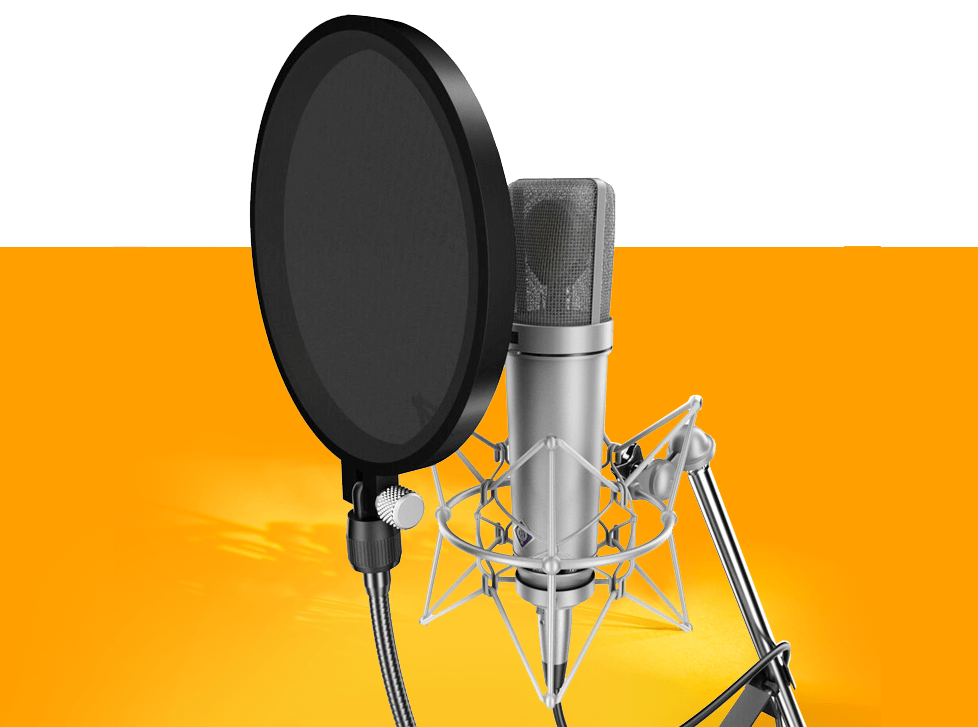What To Expect From a Career in Audio Engineering & Sound Production
Jeremy Alves | March 15, 2023

Pursuing a career in audio engineering and sound production can be highly rewarding for people with a technical and creative mindset. Sound production and engineering are two distinct fields, but both involve applying technical knowledge and skills to create a high-quality end product.
Attending an audio engineering or audio production program prepares you to begin your new career in the world of sound. You’ll learn the skills, theory, and mindset that make a successful engineer or producer.
Working in music or audio is undoubtedly appealing, but you should have realistic expectations about what working in the field will actually be like. For example, how much will you earn? What exactly will you do? What’s the best way to get started?
Keep reading to learn the answers to these essential questions to help you decide if a career in audio is the right choice for you.
What is an Audio Engineer and Sound Producer?
An audio engineer and sound (or music) producer are two distinct roles that often share responsibilities and work closely together. We’ll focus mainly on engineering, but plenty of this information also applies to producers.
Let’s briefly define the differences between these roles:
- An audio engineer focuses on the technology, science, and electronics involved in audio recording or broadcasting to ensure the highest possible quality.
- A music producer takes a big-picture approach and applies technical aptitude and creativity to guide a project's overall direction and vision.
Now let’s focus on audio engineering to help you get a feel for what you can expect if you choose this career path.
What Salary Can You Earn in Audio Engineering?
Audio engineering is a diverse field with several applications throughout various industries. Therefore, your salary will depend on your chosen industry and your experience, skillset, and soft skills.
Overall, the U.S. Bureau of Labor Statistics estimates the mean annual wage of a
sound engineering technician is
US$67,360. In addition, the top 10% of earners bring in $124,690, while the bottom 10% earn $29,110. These figures demonstrate the significant range of possibilities and the potential growth you can expect throughout your career.
Where Does an Engineer or Producer Work?
Audio engineers are needed in nearly every industry, including some you might not anticipate. If we drill down into the BLS report, we see that the top-earning sound engineering technicians work in the following industries:
- Accounting and Tax Preparation ($98,120)
- Advertising and Public Relations ($94,260)
- Computer System Design ($91,990)
Each of those industries has a low concentration of engineers but demonstrates how nearly every industry needs your future skill set.
The industries with the highest concentrations of audio engineers are more aligned with what you expect:
- Sound Recording Industries ($66,020)
- Motion Picture and Video Industries ($85,020)
- Performing Arts Companies ($66,460)
Combined, we see that the more specialized audio engineers who work in unexpected industries have a higher mean wage than the industries that first come to mind. Remember this takeaway as you consider audio engineering and take the first steps toward building your career.
Note:
All of the above figures are USD and represent the
annual mean wage per the BLS.
What is the Lifestyle of Someone Working in Audio?
Deciding on your new career isn’t just about the money and industry; you also need to consider your daily workday and environment. So what will a ‘day in the life’ of an audio engineer look like?
As expected, your daily workday will vary depending on your industry and your company. Let’s touch on a few common industries and explore how your everyday working environment might look:
- Music and sound recording: You’ll work alongside producers, artists, and other engineers to create a high-quality track. Some work days will be long, busy, and potentially stressful, while others will involve pre-production setup and configuration. You won’t likely provide creative input, but you may handle mixing and mastering to fine-tune the song before it’s finalized.
- Motion picture and video: You’ll spend some workdays on the set of a TV show, movie, or live broadcast. On these days, you’ll make sure all equipment is configured correctly and operating optimally to capture sounds. On other days, you’ll work alone or with other engineers planning how to set up equipment to record audio properly.
- Performing arts: Live audio engineering is an entire skill set that uses available equipment to deliver high-quality sound to the entire venue. Depending on the project, you may also record during the live performance. Workdays during showtimes will be busy and potentially stressful, and you’ll be expected to fix any issues that may arise. Pre-production will involve thorough setup, configuration, and testing of a venue’s system.
Did you notice the common theme? Workdays will be highly varied in each of these industries. You’ll have a mix of long, busy days combined with pre or post-production work days focusing on setup or mastering.
Ultimately, the lifestyle of an audio engineer is one in which nearly every workday will be different from the last.
How to Get Started in Audio Engineering
If everything above sounds like your dream job, how can you get started becoming a working audio engineer? Read on for a concise overview of going from inexperienced to working in the field.
Explore the Field First (Optional)
You can enroll in a sound engineering college immediately, but it’s worth stepping back and exploring the basics first.
An easy and affordable way to explore audio engineering on your own is by exploring Digital Audio Workstations (DAWs). A DAW is the heart and soul of any sound or music project; it’s where all recording tracks and MIDI compositions live together, and where everything is mixed and mastered before being finalized.
Several DAWs offer free trials with limitations, such as the inability to export or re-open projects. Fortunately, you can still explore them within these limitations. The goal is to see how well you learn the new software and how much you enjoy working with it.
Some popular DAWs with free trials are:
- Ableton Live
- FL Studio
- Pro Tools
Each of the above DAWs is professional-grade and is the go-to standard in specific industries. Learn the basics, experiment with mixing and mastering, and play with different plugins to alter sounds. If you’re enjoying the process, it’s worth taking the following steps toward becoming an engineer.
Enroll in an Audio Program
An audio engineering program is typically offered by a specialized educational institution, although some universities also offer audio programs. The overall purpose of your chosen program should be to prepare you for working in the field — it’s not just about earning the degree or certification.
Look for schools that provide hands-on experience in a studio environment. The course should also include learning the theory and science behind sound and how electronics work at a fundamental level.
Upon completion, you’ll be ready to find an entry-level position working in the field. Ideally, your school will also help with job placement.
Continually Develop Your Skills
The world of audio never sits still. As an engineer, you’ll need to stay on top of the latest electronics and technologies that impact your job. So keep exploring what’s new and see how it can improve your job.
Additionally, even though your formal training will prepare you for working, you’ll likely still have plenty of opportunities to deepen your knowledge and learn additional skills.
Education never truly stops in audio engineering. Keep learning, practicing, and growing throughout your career.
Seek an Internship
Internships are typically unpaid positions that provide real-world experience working alongside engineers and technicians. Fortunately, you don’t need to wait until graduation to start an internship — see what’s available in your area so you can attend classes and work in the field simultaneously.
It’s also worth noting that paid internships exist, but they’re generally harder to find and competitive. View internships with a long-term perspective, the skills you can learn working closely with a studio or movie production company can do wonders for your career in the long run.
Find an Experienced Mentor
Mentorship is valuable in every field and perhaps more so in audio engineering. Every experienced audio engineer has knowledge and skills refined throughout their career. Finding a mentorship lets you learn from their work experience and rapidly advance your training.
Internships can help you find a mentor. You’ll get to know everyone on the team, and throughout your internship, you may identify highly skilled audio engineers on the team. You can then approach them and ask if they’d mentor you — you might be surprised how many professionals want the opportunity to share what they’ve learned.
Begin Your New Career with OIART’s Audio Engineering Programs
A career in audio engineering can be the dream career for someone interested in audio, technology, and electronics. Most work days will be entirely unique, and you’ll have the fulfillment of contributing to a polished final product, whether it’s the next top 10 track or an acclaimed indie movie.
You can start your career in sound engineering faster than you might think by attending a specialized audio engineering program. Ready to take the next step?
Go to OIART today to apply.
Ready to Start?
OIART's Audio Program Includes:
✓ Small Class Sizes
✓ On Site Facilities
✓ Industry Leading Instructors
✓ Post Grad Support & Guidance
✓ Exclusive 11 Month Program
Top Reasons Why You Should Choose OIART.
Have Questions?
If you have questions about our audio engineering and music production program or would like to book a tour, we would be pleased to speak with you.
Text Us: 519.200.4151
Share This With a Fellow Music Lover
Apply in 3 Steps!
Step 1: Click Apply Now to start.
Step 2: Answer questions about yourself.
Step 3: Submit and check your email.
Share this with fellow music lovers


